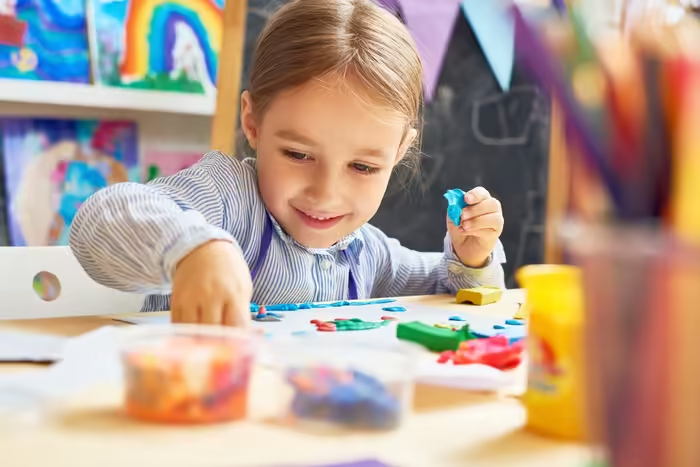
22 Oct How to Minimise the Effects of the After School Crash
School days are big days for kids and teens. Amidst the sensory overload of noise, lights and movement, there are constant expectations – academic, social and behavioural, with very limited opportunity for kids to move away and decompress when they need to. Students spend their days listening to teachers and trying their best to follow rules and instructions, and complete, often challenging, work to the best of their ability. They are navigating friendships and playgrounds, all while wearing uniforms that may be uncomfortable. It’s no wonder that they may feel exhausted and overloaded by the end of the day.
When we see our kids after school, we are eager to find out how their day went, but may be met with grunts, groans and “I don’t know/remember.” There may also be meltdowns or emotional outbursts that, seemingly, come out of nowhere. This combination can lead to challenging afternoons that are difficult for parents and children to navigate, particularly when they become a regular part of the daily routine.
So, what can we do to create a calmer after school environment? Here are some tips that might help.
1. Know what triggers your child:
Every child is different and, therefore, triggered by different things. Are they hungry? Are certain days particularly challenging due to subjects or activities that fall on that day? Are they overtired at the end of the day? Are their uniforms uncomfortable? Are the sensory challenges of the school environment (noise, lights, movement, touch) too much for them to manage? If we know what is affecting someone, strategies can be put in place to support them throughout the day and, hopefully, minimise the impact that these triggers may have.
2. All the snacks!
School is hungry work and sometimes the lure of the playground results in lunchboxes being neglected and kids coming home hungry. Having a reliable, easy snack ready to go at school pick up or for when they get home will help meet their hunger needs. A cold smoothie is also a great option – it is an easy way to get some extra fruit and veggies in, it is easy for them to pick up and drink without worrying about opening packaging or containers, the action of sucking through a straw provides regulating proprioceptive feedback through the jaw and a cold drink will help to cool them down after a busy day.
3. Let them play:
Unstructured, free play can do wonders after a day of following rules and instructions. Whether this means staying back at school to play in the playground or on the oval, heading to the beach or a local park, or at home, play and movement on their own terms supports kids to unwind and regulate. It inspires problem solving and creativity and allows them to utilise their energy in ways that are fun and meaningful to them. On a side note, structured sports training and other activities are great, too, just be mindful about overscheduling activities that require following instructions and plans.
4. Establish a predictable after school routine:
Children thrive on routine and knowing what comes next. Developing an after school routine together that is simple, predictable and known by all family members can help to minimise the unpredictability that often leads to dysregulation. This might include set places for school bags/shoes/lunch boxes to go when you get home, a plan regarding snacks, breaks and homework, and an evening routine which incorporates dinner, showers and bedtime.
5. Create a calming after school environment:
Minimising demands after school can assist with the transition from the classroom to home. Allowing time without rushing to complete non-essential tasks such as unpacking school bags, supporting breaks before homework, and encouraging some quiet down time can support kids to unwind and better cope with the rest of their day. Minimising screen time, where possible, will also benefit most children as the images on the screen are often overstimulating. Instead, time spent enjoying simple activities, playing outside or connecting with family will offer a calmer environment.
Remember that all kids and families are different; what works for you, may or may not work for someone else, however, I hope that you can take something away from this list that will help you to support your child after school. If you feel as though you and your child would benefit from additional support, we would love to work with you. Please feel free to contact us on 6381 0071 to arrange a time to meet with one of our friendly therapists.
